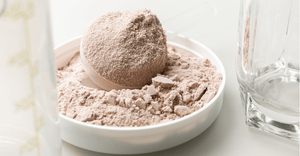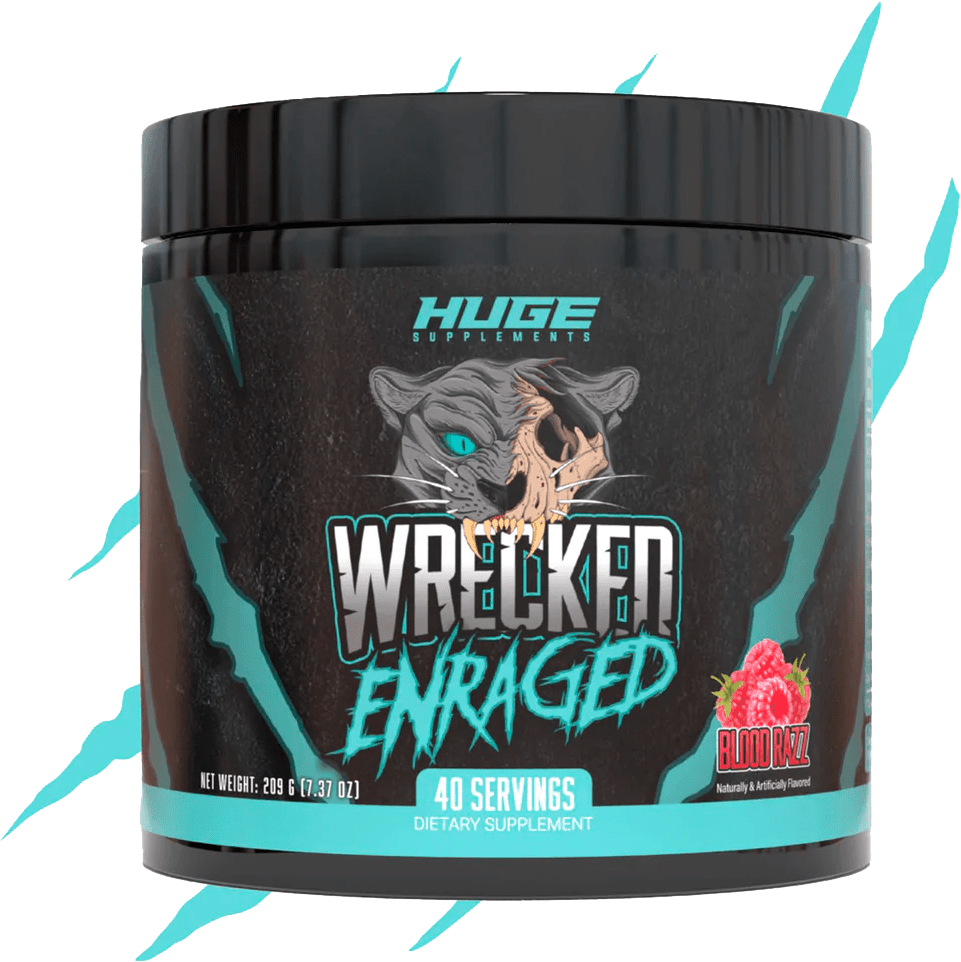Whey Protein Isolate Vs Concentrate: We Explain The Difference
As you step into the world of protein supplements, one of the first big decisions you'll face is choosing between whey protein isolate and concentrate.
Both are popular, high-quality protein sources, but they come with key differences. In this article, we'll break down everything you need to know about the two to help you make an informed choice.
What is Whey Protein?
Whey protein is a high-quality protein source derived from milk during the cheese-making process. It is separated from casein (the other milk protein) during cheese production and is then filtered, processed, and dried into a powder.
Whey protein provides all of the nine essential amino acids, making it a complete protein source. This means it will provide your body with the building blocks it needs for muscle recovery, growth, and overall health.
Because of this, whey protein is very popular in the fitness industry and widely used by individuals to improve daily protein intake.
What is Whey Protein Isolate?
Whey protein isolate is a highly refined form of whey protein that contains 90% or more protein. It undergoes an advanced filtration process that removes most non-protein components, making it leaner and more easy to digest than other forms of whey protein.
That means that whey protein isolate delivers a higher protein concentration per serving with minimal fats and carbohydrates. Another key advantage of isolate is that, thanks to its advanced filtration process, it is completely lactose-free.
Whey protein isolate is an excellent option for those with lactose intolerance or sensitivities, as well as those looking for a pure, easily digestible protein source to enhance their fitness goals.
What is Whey Protein Concentrate?
Whey protein concentrate is a lightly processed form, typically delivering about 80% protein content. Unlike isolate, it undergoes minimal filtration, allowing it to retain more of its natural nutrients, including fats and carbohydrates.
One thing to note is that whey concentrate contains more lactose than whey isolate, which may cause digestive discomfort in those with lactose sensitivities.
However, most individuals tolerate it well and benefit from its well-rounded macronutrient profile. Whey protein concentrate is a versatile, effective, and budget-friendly protein source that will help you hit your daily protein macronutrients.
What's The Difference Between Whey Isolate and Whey Concentrate?
Whey protein isolate and whey protein concentrate come from the same source, which is milk. However, they differ in their processing, protein content, and macronutrient composition.
Here's a detailed breakdown of their key differences:
| Feature | Whey Isolate | Whey Concentrate |
| Protein Content | 90% Protein | 80% Protein |
| Lactose | Little to no lactose | High lactose |
| Taste | Lighter and less creamy | Creamier and better tasting |
| Price | More expensive | Less expensive |
| Absorption Rate | Fast | Slower |
| Best For | Strict diets | General use |
Should I use Whey Protein Isolate or Concentrate?
Choosing between whey protein isolate and concentrate depends on your goals, dietary needs, and budget. Both are versatile, high-quality protein sources that have a complete amino acid profile, but they have key differences.
If you're lactose intolerant or have sensitivities, whey protein isolate is the better option. It undergoes additional filtration to remove lactose, fat, and carbohydrates, making it easier to digest and ideal for those with dietary restrictions.
Whey isolate is also a great choice if you're dieting and need to maximize protein intake while minimizing extra calories. With 90% or more protein per serving, it helps preserve muscle mass while keeping fat and carbohydrate intake low. However, it is more expensive than whey concentrate.
On the other hand, whey protein concentrate is a great, cost-effective option that still provides many benefits. Even though it contains less protein (80%) and slightly more fats and carbohydrates, it has a creamier texture and richer taste. This often makes it a favorite for those who enjoy a fuller, more satisfying shake.
If you prioritize protein content, fast digestion, and lactose-free protein, you should go with whey isolate. If you prefer a more affordable, nutrient-dense option with a better taste and texture, whey concentrate is a great option.













Leave a comment